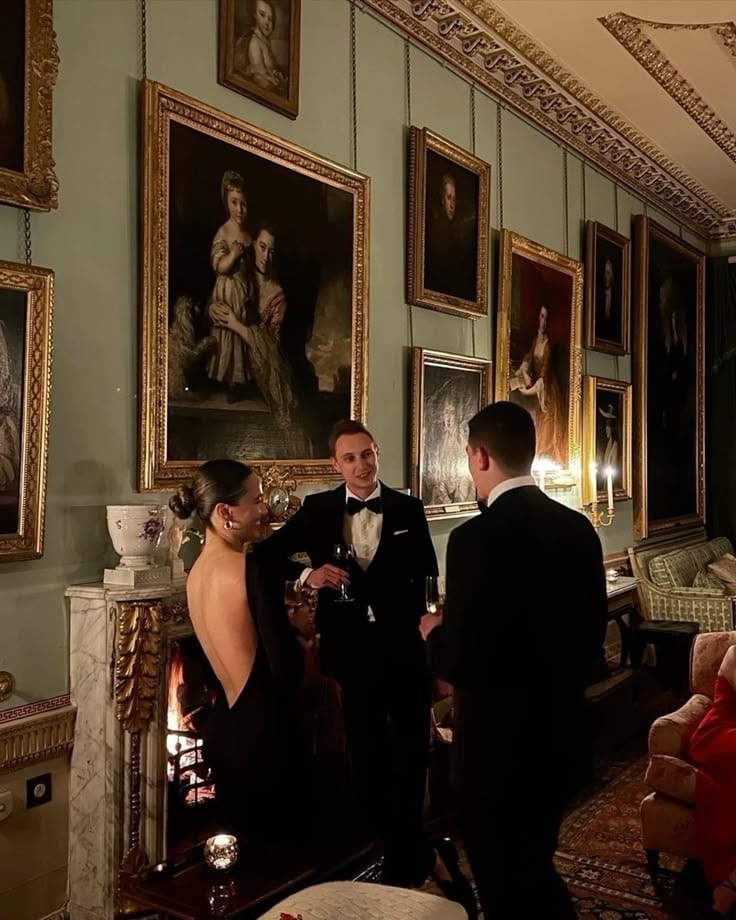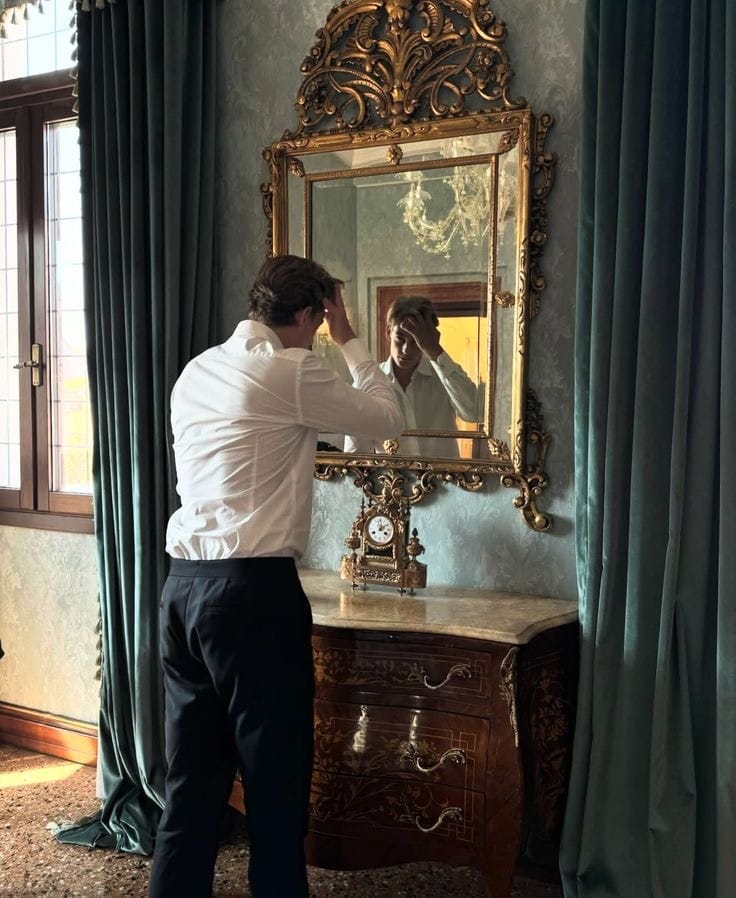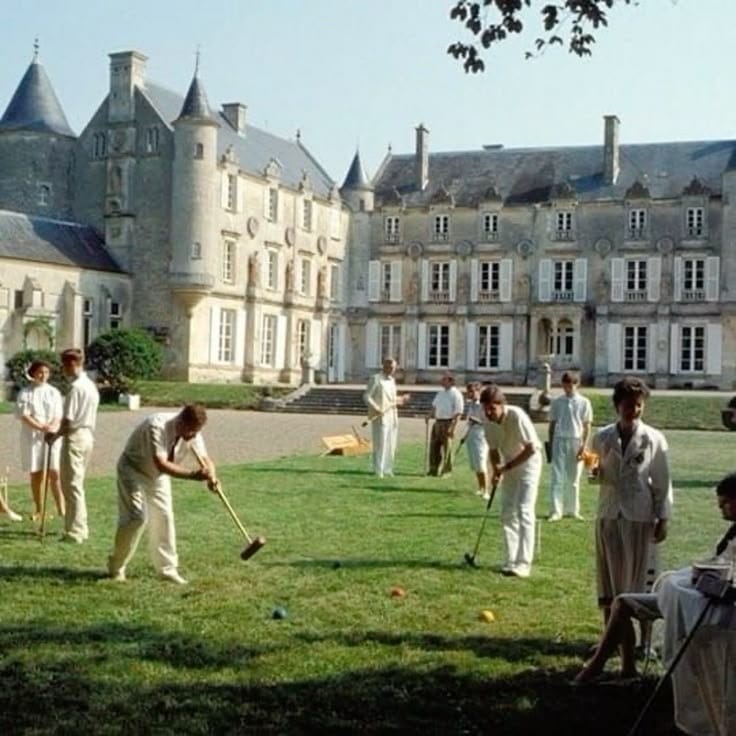- Old Money Italian
- Posts
- The Art of Old Money Manners
The Art of Old Money Manners
Timeless Etiquette for a Life of Grace
In an age of rapid change and fleeting trends, one thing remains constant: good manners never go out of style. Among old money families, etiquette is not just about formality—it’s about respect, discretion, and an effortless way of carrying oneself. Unlike the ostentatious displays of wealth that “new money” often indulges in, old money values understatement, refinement, and quiet confidence.
This newsletter explores the essential manners that define those who come from generations of wealth and tradition.

1. Discretion is Key
True wealth doesn’t need to announce itself. Old money individuals are known for their subtlety and restraint. They avoid discussing money, politics, or personal achievements in a boastful manner. Instead, they allow their actions, character, and quiet generosity to speak for them.
Rule to Follow: Never flaunt wealth or inquire about another’s financial status. A simple, “I do well enough” suffices when asked about money.

2. The Art of Conversation
Good manners are most evident in how one speaks and listens. Old money individuals are skilled conversationalists, engaging in discussions that are thoughtful, informed, and never self-centered. They listen more than they talk and make others feel important.
Rule to Follow: Ask questions, listen attentively, and never interrupt. Avoid controversial topics unless in trusted company.

3. Understated Elegance
Whether in dress or decorum, the old money aesthetic is refined but never flashy. A well-tailored navy blazer, a string of pearls, or heirloom jewelry are common choices. Logos and trends are avoided in favor of timeless quality.
Rule to Follow: Dress appropriately for every occasion, valuing quality over brand recognition. “Effortlessly elegant” is the goal.

4. Dining Etiquette & Entertaining
Old money families understand the importance of gracious hosting and impeccable table manners. Meals are an opportunity to connect, not to check one’s phone. A well-set table, a handwritten invitation, and thoughtful seating arrangements are all part of the tradition.
Rule to Follow: Always RSVP promptly, use proper table manners, and never arrive empty-handed when invited to someone’s home.

5. Writing Thank-You Notes
One of the simplest yet most powerful habits of old money is the handwritten thank-you note. Whether for a gift, a dinner, or a small kindness, a thoughtful note shows true appreciation.
Rule to Follow: Send a handwritten thank-you within a week of receiving a gift or being hosted. Keep it short, sincere, and elegant.

6. Respect for Tradition & Institutions
Old money values heritage—whether it’s family traditions, prestigious institutions, or cultural customs. They understand that respect for the past informs a stable and respectable future.
Rule to Follow: Honor commitments, uphold family traditions, and respect the customs of different cultures and social circles.

7. Generosity Without Expectation
True aristocracy is not measured by wealth but by one’s ability to give without seeking recognition. Whether through philanthropy or simple acts of kindness, old money individuals practice quiet generosity.
Rule to Follow: Give discreetly, whether through charitable donations or thoughtful gestures, and never expect anything in return.

Final Thought: Manners Create Legacy
While money may be inherited, good manners must be cultivated. They are the invisible currency that allows one to move seamlessly through all levels of society, earning respect without demand. In the end, the true mark of refinement is not wealth, but the grace with which one treats others.
